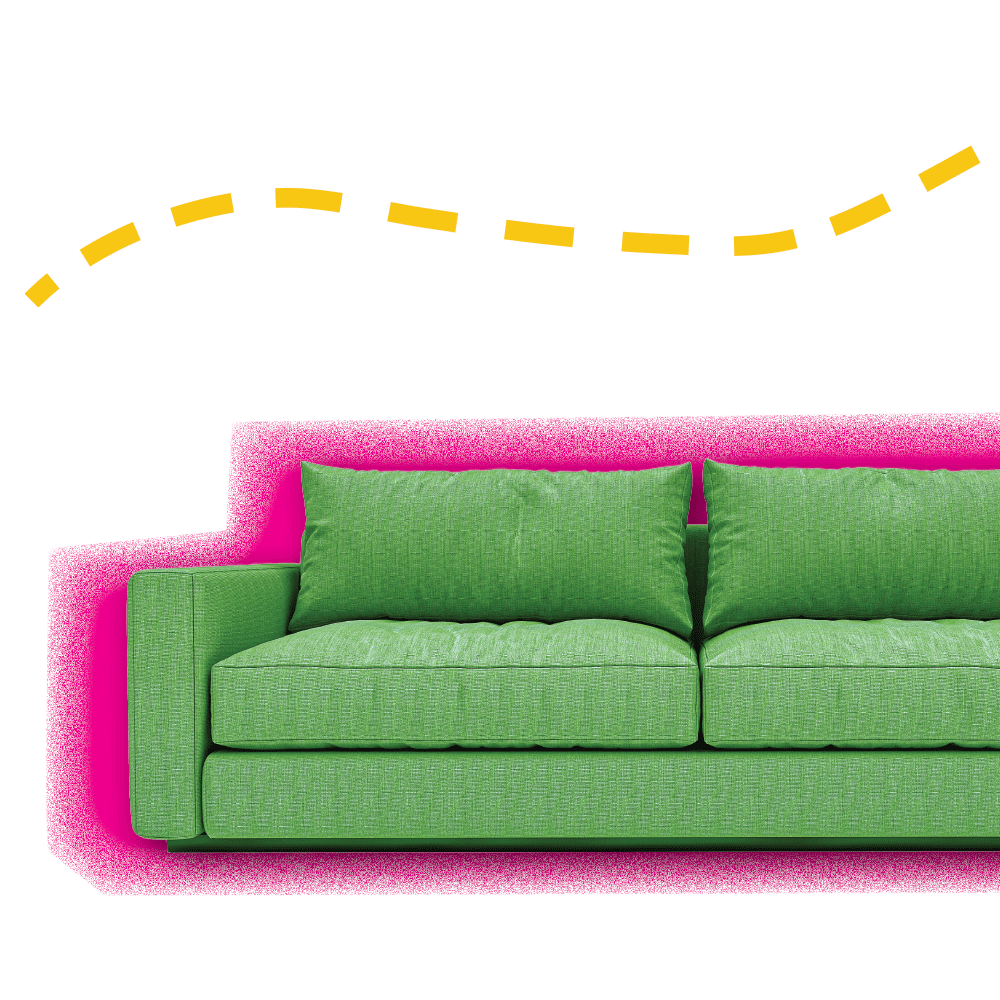
Unplugged Hours
“It felt like, suddenly, there were all these new, intricate layers to my faith that hadn’t been there before.”Do you ever feel addicted to your cell phone? There’s a word for that. It’s called “nomophobia,” the fear of being without one’s mobile device. You constantly need to check for notifications and cannot power down or take a break.
A few years ago, I noticed unhealthy habits in my life with one common denominator: my phone. I was constantly on it, often distracted, and missing out on the beauty of everyday life because I thought what was happening on my phone was more important.
Inspired by the need to change, I challenged myself to turn my phone off for 1,000 hours in one year—or, to put it simply, 3-4 unplugged hours every day.
For some, that might seem impossible, and I get it. The goal is simple, but it’s not easy. But I wanted to find a balance between being digitally connected and being rooted in the present moment, if I could find a way to better manage both. While I wasn’t throwing my phone away to go live in the woods, I started turning off my phone for one hour a day. Little by little, I started paying more attention to what was right in front of me: work, people, passions, and goals.
Soon enough, what started as a simple challenge changed my life in so many unexpected ways.
I became a better friend.
Before unplugging, I thought I would be a good friend if I could keep up with all the text threads and let my friends know of my support for them.
The constant connectivity on our devices convinces us that we are surrounded by people and that we’re not lonely from behind our screens. In actuality, we need relationships that happen face-to-face.
When I started powering down my devices, I had more space to think about ways to be more intentional with my friends. Could I make a care package for my friend going through a hard time? Could I write a letter to someone I love and drop it in their mailbox? Could I take time to set up a coffee date rather than exchanging texts?
Relationships are complicated and messy. They’re not meant to be edited and curated. They’re uncomfortable at times because that’s how they grow. Removing the screens made me a more intentional friend to the people around me.
I reignited my passions.
If you’re anything like me, you have goals, dreams and visions for your life. What stands in the way? Distractions. The latest show on Netflix that people binge-watched. An endless scroll through short-form videos—videos that weren’t adding value to my life but taking up a lot of time.
When I decided to start unplugging, I was surprised by how my motivation and ambition to do things outside my comfort zone began to come back in full force. I was writing more, creating more and expanding my imagination. I wasn’t watching people live anymore; I was coming up with ways to live myself.
If you have goals and dreams, you need to tend to and cultivate them. That takes time. More importantly, that takes your full attention. You can live distracted and watch time slip through the cracks, or you can turn off the screens (and whatever the screens might be helping you to avoid) and see what’s waiting for you on the other side.

I reconnected with God.
Before unplugging, my quiet time was often interrupted by texts or emails. Maybe you’ve been in this situation before: You’re digging into a chapter of the Bible, and then you hear the familiar pinging of your smartphone. You swear you’re just going to check that one notification, but before long, you’re scrolling and commenting, and you have entirely left your rhythm of quiet time behind.
Meeting with God hinges on stillness. One of my most circled verses from this time of unplugging comes from Psalm 46:10 (NIV): “Be still, and know that I am God.” Before we can fully know God, we must be willing to get still. We must be willing to clear out the noise to hear Him more clearly. We must be willing to let all the other voices slip away to hear the voice that calls us “loved” and “beautiful.” But that can’t happen if we’re always connected and distracted.
I watched as my faith life became more vibrant the more I powered down and eliminated distractions. I was praying more. I was more connected to the Word of God. I was understanding concepts and ideas on a new level, and I was thinking about them throughout the day. It felt like, suddenly, there were all these new, intricate layers to my faith that hadn’t been there before. They only revealed themselves when I got myself in a quiet, undistracted space.
I started living instead of watching.
By reducing my constant connectivity, I learned to sit with myself and get to the root of why I was unwilling to be alone with myself in the first place.
Why was I avoiding the stillness? Why was I wasting so much time? What did I not want to face?
I wanted to be brave and answer these questions. I started checking in with myself instead of checking out. I started journaling more. I started exploring uncomfortable feelings that I was experiencing, like anger, jealousy and sadness.
Through this process of being willing to sit with myself, I got to know myself better, and I learned that if there was something I didn’t like, I had the power to change it. Change would only happen through redirecting my focus and habits and committing to better self-discipline.
We talk about stewardship a lot within Christianity. Stewardship is the idea that we are caretakers of something. We are called to be responsible. But stewardship is not only about taking care of our money or gifts. Stewardship is also about time and attention. Are we good stewards of our time? Are we good stewards of where we place our attention throughout the day?
Sitting with myself helped me see that I wasn’t the best steward of these things, inspiring me to make changes. Change is never easy and it’s often really uncomfortable, but it is possible. Through small, faithful actions, we can truly start to change for the better.
It’s really easy in today’s world to watch others live their lives but neglect your own. But your life requires you, your friends need you, your dreams come alive because of you, and your faith needs you to cultivate it. You’re the common factor that cannot be substituted for someone else.
Could we be better stewards of what is right in front of us? I think the answer starts to reveal itself when we put away the distractions, power down the devices, and dare to dig into the life right in front of us.
For Further Study
Read:
- The Unplugged Hours by Hannah Brencher, to learn more about her experience unplugging and daring to be more present.
- The Gospels: Read about how Jesus walked and lived while He was here. Pay attention to common themes: getting away from the noise, living undistracted and entirely on mission, and stewarding His time well.
Download:
- hannahbrenchercreative.com/unplugged: Download a free tracker on Hannah’s website to keep track of your unplugged hours.



